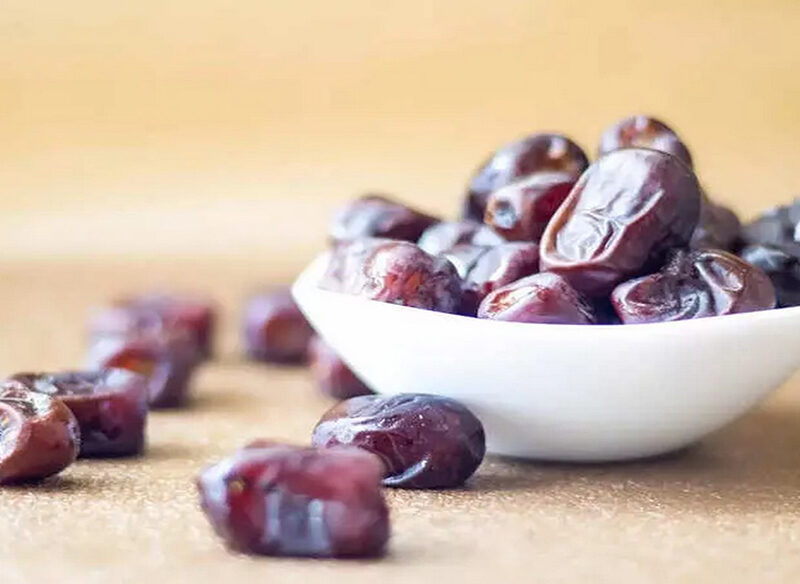Dates, cherished for centuries for their natural sweetness and versatility, have remained a staple in culinary traditions worldwide. Let’s delve into what makes dates special, from their nutritional value to culinary uses and potential health benefits.
What Are Dates?
Dates are the fruits of the date palm tree, known for their elongated shape and caramel-like taste. They come in various varieties, each offering unique flavors and textures.
Nutritional Bounty of Dates
A one-ounce serving of dates provides essential nutrients:
- Calories: 66 kcal
- Carbohydrates: 18g
- Fiber: 1.6g
- Sugars: 16g
- Protein: 0.2g
- Potassium: 167mg (5% DV)
- Magnesium: 15mg (4% DV)
Health Benefits of Dates
- Energy Boost: High natural sugar content makes dates a quick energy source.
- Dietary Fiber: Promotes healthy digestion and regular bowel movements.
- Nutrient Rich: Potassium and magnesium contribute to heart and muscle health.
- Antioxidants: Combat oxidative stress, supporting overall well-being.
- Bone Strength: Minerals like calcium and phosphorus aid in bone health.
Culinary Versatility
Dates can be enjoyed in various ways:
- Snacking: A healthy and delicious snack on their own.
- Baking: Natural sweetener for cookies, bars, and cakes.
- Smoothies: Adds sweetness and nutrition to beverages.
- Stuffed Dates: Pair with nuts or cheese for appetizers.
- Energy Balls: Key ingredient for quick energy-boosting snacks.
Types of Dates
Explore different varieties like Medjool, Deglet Noor, and Barhi, each offering unique flavors and textures.
Buying and Storing Tips
Choose plump, moist dates and store them in an airtight container in a cool, dry place or the refrigerator to maintain freshness.
Precautions and Considerations
While dates are generally safe, moderation is advised due to their sugar content. Those with allergies or dental concerns should consume dates mindfully.










Comments